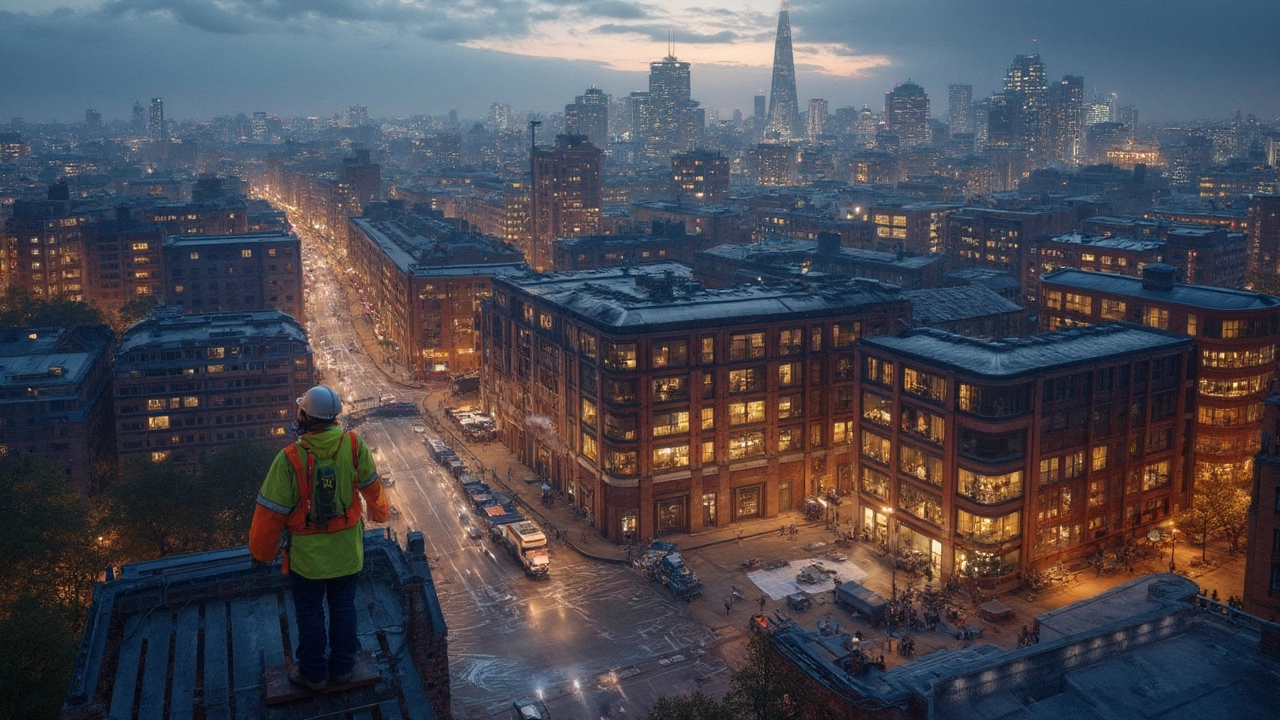Fire Codes: What Every Homeowner and Builder Should Know
Fire codes might sound like jargon, but they’re the rules that keep you safe when a blaze starts. Whether you’re fixing a leaky pipe or putting up a new wall, the same regulations apply. Ignoring them can cost you money, time, and even lives. Let’s break down the basics so you can stay on the right side of the law.
Why Fire Codes Matter in Plumbing and Construction
Every building in the UK must meet fire safety standards set out by the Building Regulations Part B. These rules cover everything from the materials you use to the way you route pipes and wires. For plumbers, it means choosing fire‑rated pipe sleeves and sealing penetrations correctly. For builders, it’s about fire‑resistant walls, proper escape routes, and safe installation of heating systems.
When a fire starts, the building’s ability to contain heat and smoke determines if people can get out safely. A small mistake, like a missing fire stop around a pipe, can let flames spread faster than you think. That’s why fire codes are not optional – they’re a blueprint for protection.
Key Fire Code Requirements You Should Follow
1. Fire‑Resistant Materials: Use walls, doors, and floor finishes that have a fire rating of at least 30 minutes for residential projects. This slows down the fire long enough for occupants to escape.
2. Proper Pipe Penetrations: Every time a pipe goes through a fire‑rated wall, you need a certified fire stop. It’s a simple seal that blocks smoke and flames from traveling through gaps.
3. Smoke Control: Install smoke alarms in each bedroom and on every level of the house. They must be hard‑wired with battery backup and tested regularly.
4. Escape Routes: Keep hallways and doors clear. Escape routes should lead directly outside or to a safe area, and doors on those routes need to open easily from the inside.
5. Hot Work Permits: Any job that involves welding, cutting, or grinding needs a permit and a fire watch. This includes certain pipe‑bending tasks that generate sparks.
Following these points doesn’t just keep you legal – it makes your project safer for everyone who steps inside.
If you’re unsure whether a material or method meets fire code standards, ask your supplier for a fire‑rating certificate or talk to a qualified fire safety consultant. It’s cheaper to check upfront than to redo work later.
Remember, fire safety is a team effort. Plumbers, electricians, builders, and homeowners all play a part. By staying aware of the rules, you protect your property, your pocket, and most importantly, the people who live there.
Ready to tackle a fire‑code compliant project? Our experts at McNeil Plumbing & Construction Services can review your plans, install fire‑rated systems, and make sure every pipe and wall meets the latest UK regulations. Get in touch today and build with confidence.

